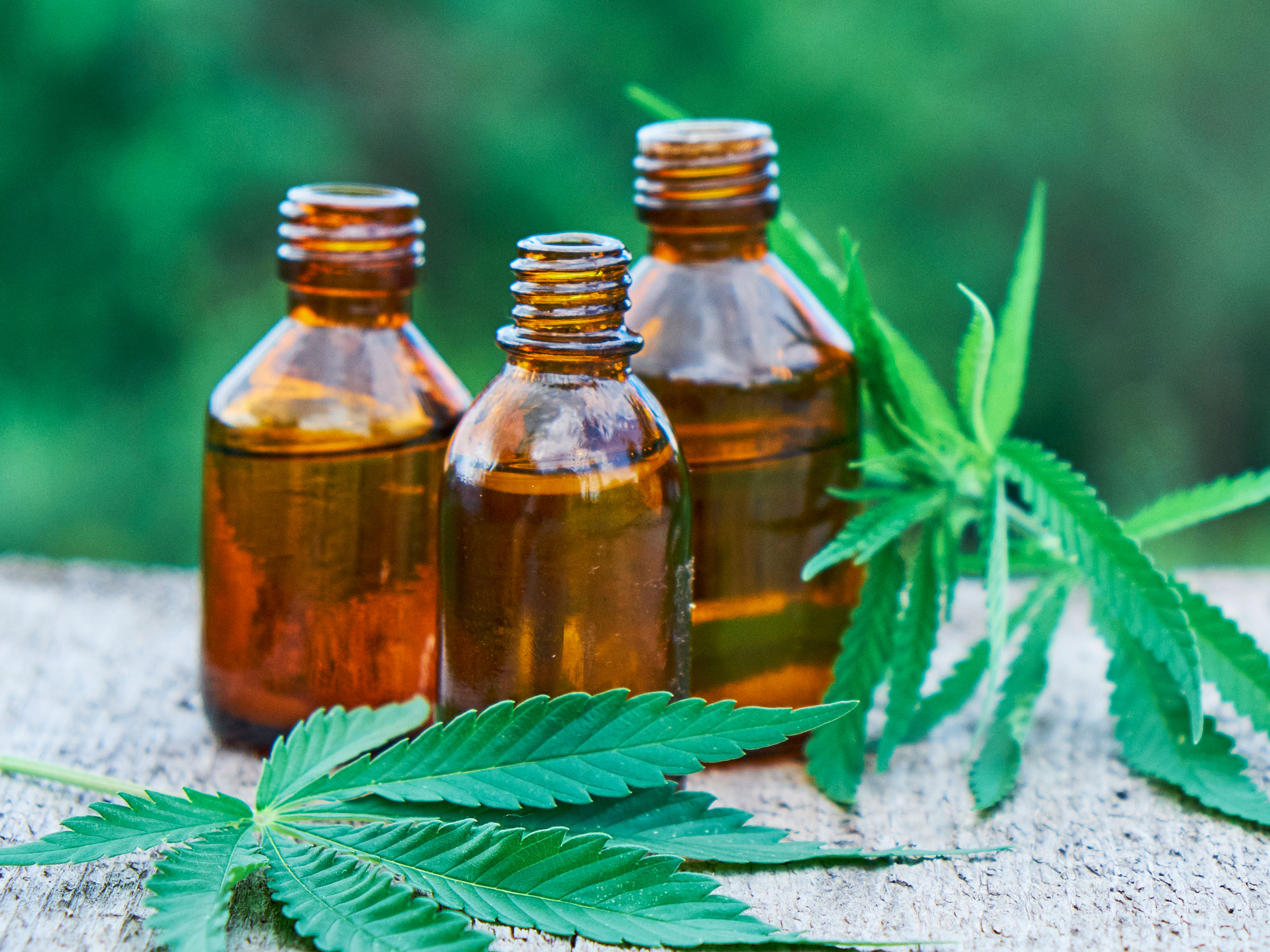Get Easy Health Digest™ in your inbox and don’t miss a thing when you subscribe today. Plus, get the free bonus report, Mother Nature’s Tips, Tricks and Remedies for Cholesterol, Blood Pressure & Blood Sugar as my way of saying welcome to the community!
The double standard keeping the pain relief of cannabis out of your hands

Some months ago, I told you about a nerve condition called trigeminal neuralgia. I’ve suffered with it on and off for the past 19 years.
Other than an anti-seizure drug that controls the excruciating pain, the most effective thing I’ve found to keep the beast at bay is CBD oil. Cannabis oil.
I buy my CBD oil at a licensed dispensary. They only take cash. On my most recent visit there, I asked why that was. The answer shocked me.
Although they are selling a legal substance for medical purposes, this business cannot get simple banking services. We’re talking about a checking account.
Upon further digging, I started to see that there is a web of double standards when it comes to medical cannabis and that the FDA is at the center of the web.
Cannabis has proven benefits…
The research is abundant and clear: cannabis has definite medical benefits. It has been shown to:
- kill cancer cells and improve chemotherapy outcomes.
- partner with the body’s natural endocannabinoid system to relieve the gut inflammation of Crohn’s disease and colitis
- ease the pain and inflammation of Lyme disease
- decrease fasting blood sugar
Cannabidiol, or CBD, the active ingredient in cannabis, has been shown to relieve anxiety (more about this in a bit).
… Yet it’s grouped with drugs that kill
Despite these proven benefits, it’s been an uphill battle trying to get medical marijuana into the hands of the people who need it.
The U.S. Drug Enforcement Agency (DEA) classifies marijuana as a Schedule 1 substance. This is the highest restriction placed on a drug. It is reserved for substances that currently have no accepted medical use in the U.S., and have a high potential for abuse.
Heroin is a Schedule 1 drug.
In 2017, over 15,000 people died from a heroin overdose.
Between 1997 and 2005, FDA statistics show that 72 people are known to have overdosed on baclofen, an anti-spasmodic drug I have taken when my neuralgia gets really bad.
There were no reports of deaths directly related to marijuana use.
Are you starting to see the problem here?
The government’s stranglehold on producers of CBD
Here’s why the dispensary I go to for my CBD oil accepts cash only.
Even though medical marijuana is legal in my state, it is still a Schedule 1 drug. This means that it’s virtually impossible for a business selling it to access basic financial services.
We’re not even talking about loans and lines of credit (although those are restricted as well). They can’t even get a checking account.
Nor can they take any business tax deductions
Schedule 1 status also makes it difficult for researchers to get regulatory approval to conduct tests on the benefits and risks of cannabis.
Yet somehow, the impossible seems to have happened.
Is it a drug… or isn’t it?
In June 2018, the FDA approved a cannabis-derived drug called Epidiiolex. It treats two rare types of childhood epilepsy.
Let me repeat that, in case you missed it: the FDA has approved a drug that is made from marijuana.
There is now a cannabis-based drug that has confirmed medical benefits. So, how can medical marijuana remain a Schedule 1 drug?
Double standard.
Experts in the marijuana industry think it possible that, with pressure, the FDA could move cannabis to a Schedule 2 status, along with highly addictive drugs like morphine and amphetamines.
They don’t see it moving to Schedule 4 any time soon.
Schedule 4 drugs are considered to present little risk of addiction or abuse.
CBD has great potential as an anti-anxiety treatment.
Valium and Xanax, both anti-anxiety drugs that are highly addictive and dangerous for seniors, are Schedule 4 drugs.
More double standards.
If you’re lucky enough to live in a state where medical marijuana is legal, and you feel it could help you, here are five ways you could start using it.
Just remember to bring cash.
Sources:
- Cannabidiol as a Potential Treatment for Anxiety Disorders — Neurotherapeutics
- Deaths from Marijuana v. 17 FDA-Approved Drugs — ProCon.org
- Don’t Fall Over, but the DEA Just Changed Its Tune on Marijuana — Motley Fool
- Cannabis link to relieving intestinal inflammation explained — MedicalXpress













